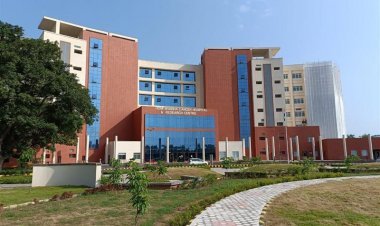In the East Asia Summit, PM Modi showed India's changed attitude, said- our interests should be taken care of in 'South China Sea'
In the past, India has talked about making the Indo-Pacific region open and equal in opportunities and establishing peace, but this is the first time that at the level of the Prime Minister, it has talked about linking its interests in the ongoing dispute over the South China Sea. This stance of India is being seen in the context of the ongoing border dispute with China.

India's voice is now becoming more vocal on the issue of China's dominance in the 'South China Sea'. On Thursday, at the East Asia Summit in Jakarta, PM Narendra Modi talked about the equal application of international laws in the Indo-Pacific region for all countries and also said that the code of conduct for the 'South China Sea' (SCS) (Code of Conduct) should be made, in which the interests of those countries which are not directly in the discussion should also be taken care of.
In the past, India has talked about making the Indo-Pacific region open, equal opportunities, and establishing peace, but this is the first time that at the level of the Prime Minister, it has talked about linking its interests in the ongoing dispute over 'South China Sea'. This stance of India is being seen in the context of the ongoing border dispute with China. In June 2023, for the first time, India questioned China's expansionist policies in support of the Philippines regarding SCS.
Addressing the East Asia Summit, PM Modi said, 'It is in the interest of all of us to have peace, security and prosperity in the Indo-Pacific. What is needed today is to create an Indo-Pacific region where international laws, including the United Nations Convention on the Law of the Sea (UNCLOS), are equally applicable.
Where there is freedom of navigation and flight and where there is unimpeded lawful trade for the benefit of all. India believes that the code of conduct for the South China Sea should be effective and it should also take into account the interests of those countries which are not part of the discussions. When the PM gave this speech, the Chinese team led by Prime Minister Li Chiang was also present there.
Apart from India, and China, all ASEAN countries and high-level delegations from Russia, Japan, America, and Australia also participated in this conference. In the year 2020, since the intrusion of China into the eastern Ladakh region, there has been tension in the relations between the two countries. India has also banned Chinese companies in many areas.
Despite the two meetings between PM Modi and President Xi Jinping, there is no indication that the border dispute is going to be resolved completely. In such a situation, in the two summits held in Jakarta in one day, the way PM Modi has indirectly raised the expansionist policies of China, its special meaning is being extracted.
At the ASEAN-India Summit, PM Modi said that India fully supports the ASEAN countries' vision in the Indo-Pacific region and called it essential for the interests of all to have a free Indo-Pacific region. Just before this meeting, China released its map, against which India first raised its voice.
In this map, China has staked its claim on the land of almost all its neighboring countries. After that Vietnam, Philippines, Malaysia, Indonesia, Taiwan, Nepal, and Japan protested. America has also described the new map as an example of China's expansionist mentality.
55 percent of India's total maritime trade passes through the South China Sea. India's oil company ONGC has also invested crores of rupees in an oil block in Vietnam which falls in this area. India's total trade with ASEAN countries is $131.5 billion. This is the reason that India is now becoming more vocal about the South China Sea.
For Latest News update Subscribe to Sangri Today's Broadcast channels on Google News | Telegram | WhatsApp
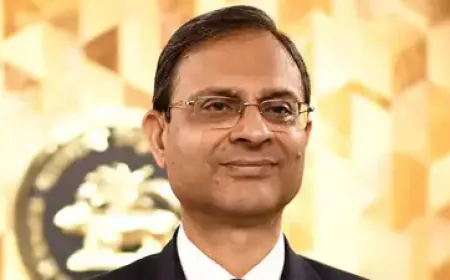


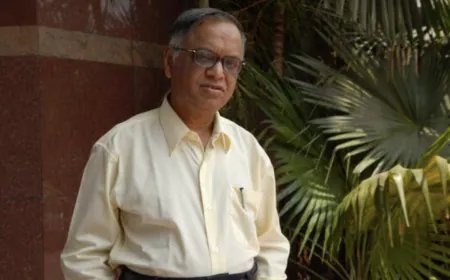

































.jpeg)

























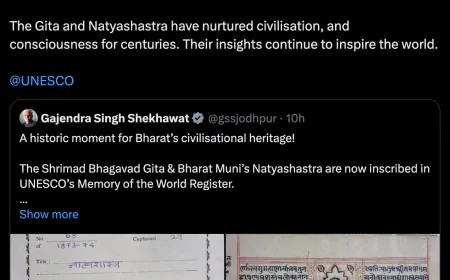
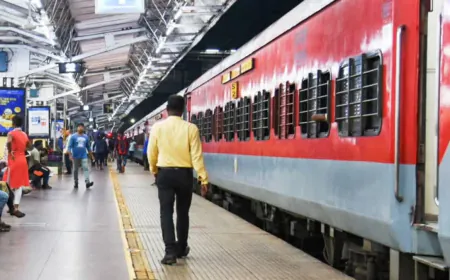














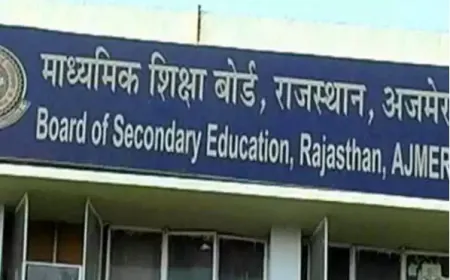
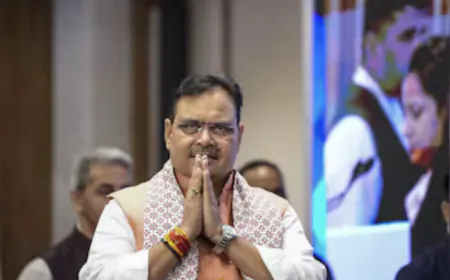


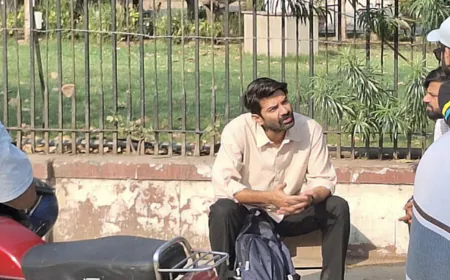











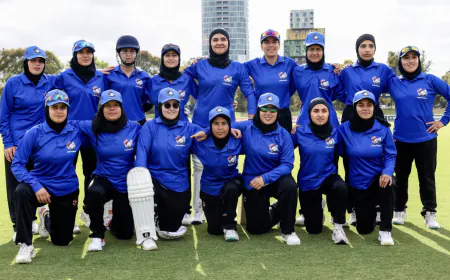

















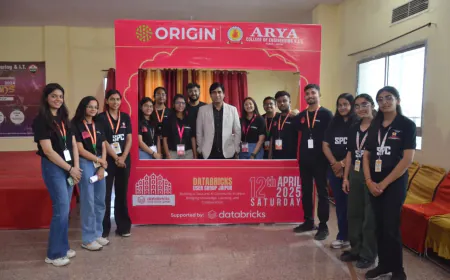


.jpeg)




